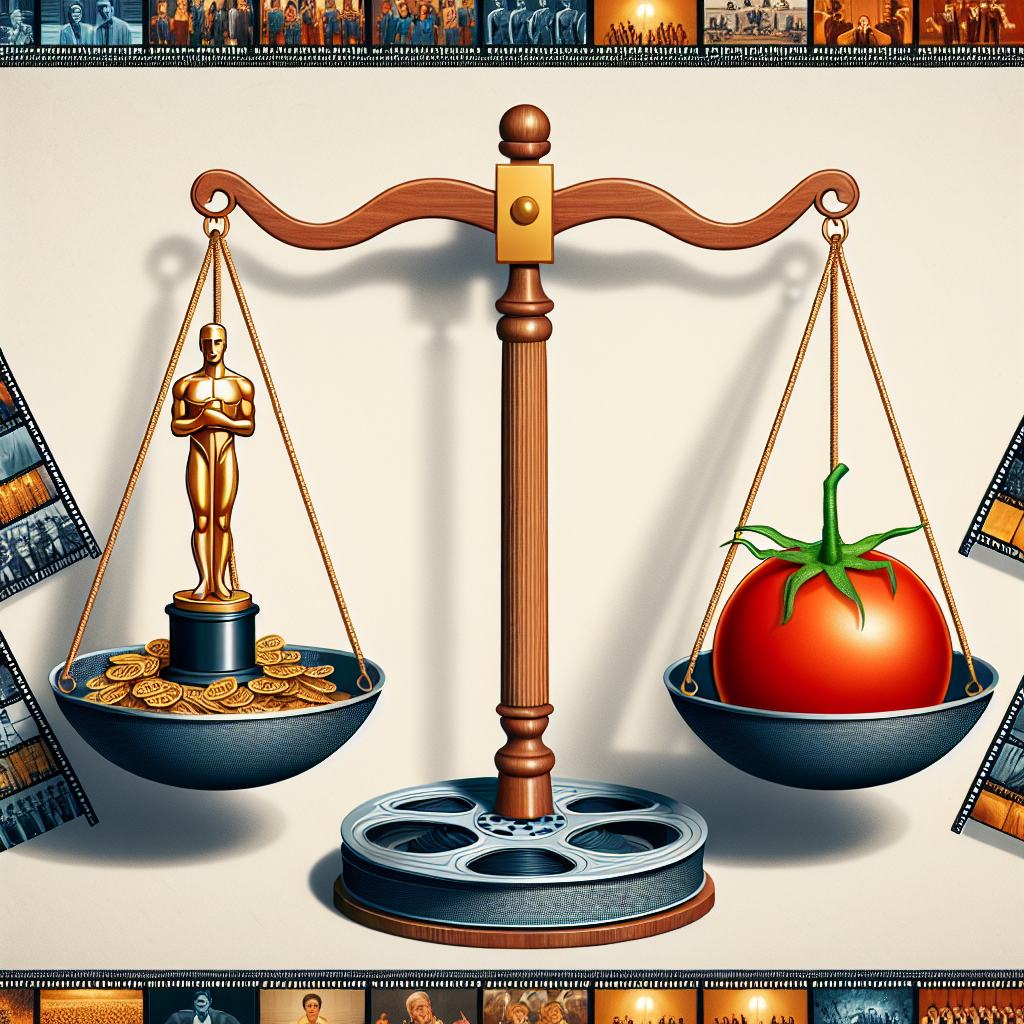
Movie Remakes: When Do They Work and When Do They Miss the Mark?
Movie Remakes: When Do They Work and When Do They Miss the Mark?
In a cinematic universe where originality often fights a losing battle against the allure of nostalgia, movie remakes are as inevitable as late-night snacking after a long movie marathon. Yet, not all remakes are created equal. Some succeed like a perfectly tossed pebble, skipping across the pond of cultural impact, while others belly flop with the grace of a clumsy walrus. Let’s dive into the mechanics of movie remakes, exploring when they work wonders and when they leave audiences wondering, “Who greenlit this?”
The Blockbuster Recipe: When Remakes Work
Some film remakes not only succeed but eclipse their originals, proving that sometimes, lightning does strike twice. Here are a few ingredients that contribute to a remake’s triumph:
- Staying Faithful Yet Fresh: Successful remakes respect the original work’s spirit while adding a modern twist. Think of “Ocean’s Eleven” (2001), which took the core heist concept from its 1960 predecessor and injected new life with a star-studded cast and slick, updated style.
- Creative Visionary at the Helm: When directors with a unique perspective drive a remake, their vision can reinvigorate and redefine the story. Remember how Peter Jackson’s “King Kong” (2005) managed to capture the same awe and scale of the 1933 original?
- Timely Cultural Relevance: Remakes work well when they resonate with current societal themes or technology. The recent “Dune” (2021) reimagines a complex narrative in a way that resonates with today’s audiences more effectively than the 1984 version did.
Of course, if you’re searching for the latest in film and video content, you might want to explore some Popular Video Channels on Telegram, which provide fresh takes and reviews on contemporary remakes and other cinematic experiences.
The Cinematic Facepalm: When Remakes Miss the Mark
As much as we’d love every remake to be a dazzling success, reality sometimes delivers a dud. Here’s why some remakes fail to hit the mark:
- Over-reliance on Nostalgia: Banking solely on nostalgia without any fresh updates or context can turn a remake into a stale echo. “The Lion King” (2019) may have pushed boundaries in photorealistic animation, but it left many feeling like it was an uninspired rerun of the 1994 classic.
- Underestimating the Original’s Essence: Losing touch with what made the original special can lead to lackluster results. Case in point: “Psycho” (1998), a shot-for-shot remake of Hitchcock’s classic, which revealed that technical homage without innovative creativity isn’t quite enough.
- Critical Timing: Sometimes, remakes are simply too soon. The less time there is between the original and the remake, the harder it becomes to justify a need for a new version. Look no further than “The Amazing Spider-Man” (2012), which swung into theaters just five years after its predecessor left the big screen.
To Remake or Not to Remake: The Eternal Question
The debate over movie remakes is as old as Hollywood itself—or at least as old as “talkies.” The key to crafting a successful remake lies in balancing respect for the original material while offering something new and engaging. By ensuring that every remake shares the screen with a fresh perspective and creativity, filmmakers can transform what might have been a flat rerun into a blockbuster success.
So, whether you’re a fan of revisiting old classics or you prefer them as they were, remember that the realm of movie remakes is like an intricate balancing act. Sometimes, it produces sheer movie magic, while other times, it’s just a trip back to the drawing board.
And if you find yourself craving the latest insights into film remakes or movie updates, do take a peek at some of the Best Video Telegram Channels, where discussions on such topics are as abundant as popcorn at the movies.